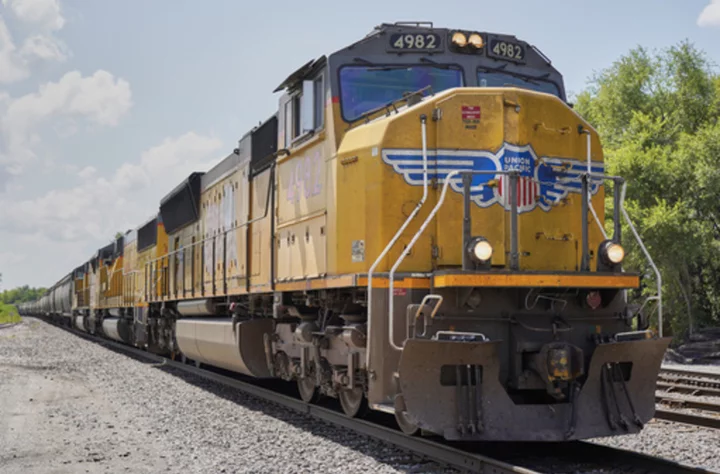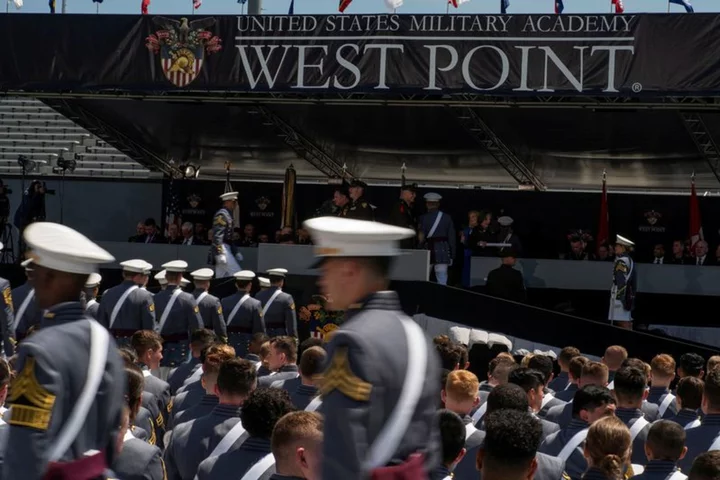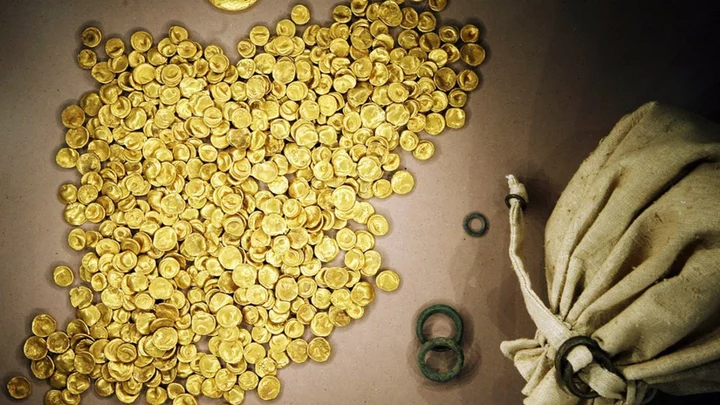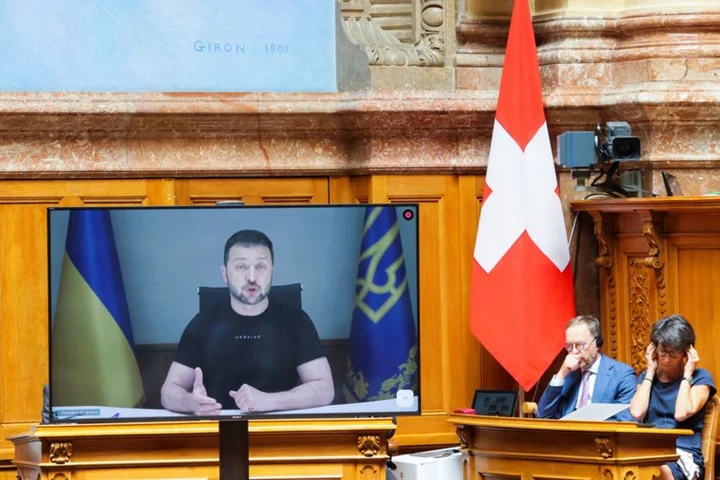By James Pomfret and Greg Torode
HONG KONG China's appointment of a top intelligence official to run Hong Kong's national security regime underscores its determination to tighten its grip on the financial hub, according to diplomats and analysts.
Dong Jingwei, 59, is the highest-level Chinese security official to be appointed to a senior role in the former British colony since Beijing imposed a national security law on its most international city in 2020.
Dong will bolster security oversight of Hong Kong, rocked for months in 2019 by pro-democracy protests that posed a crisis for Beijing's Communist Party leadership.
Under the security law, China's national security office has sweeping investigative and surveillance powers, and enjoys immunity from city laws.
The office is also charged with oversight of "foreign countries and international organisations".
Dong was vice-minister in the Ministry of State Security, China's most powerful intelligence organisation - a role that included catching foreign spies in China, according to state media reports.
Dong told a ministry symposium in 2021 of the need for a "people's war" against espionage, working to "not only catch spies but ... to catch internal traitors" who colluded with foreign spy agencies, according to a government statement.
The ministry is playing a major role a clampdown on some foreign due diligence firms in China that has added to tensions with the U.S., diplomats say.
The ministry could not be reached for comment.
Dong's appointment comes as Hong Kong prepares to bolster its national security regimen with a new law, called Article 23, that Hong Kong officials say will encompass espionage and treason among other offences not covered in the 2020 legislation.
In an essay published last July in a journal dedicated to President Xi Jinping's thinking on the rule of law, Dong said "Western forces" had been instigating a "colour revolution" in Hong Kong, and the security law had been vital to restore order.
"The appointment of such a powerful intelligence figure as Dong to take charge in Hong Kong is a bit of surprise," said one Asian envoy.
"The government is trying to show it is open for international business but this will send a shiver and raises fresh questions about the future operating environment."
The United States and other countries, including Britain and Australia, have been critical of the 2020 national security law, part of a broader clampdown by China on the city's democratic opposition and freedoms guaranteed for 50 years under a "one country, two systems" formula when it returned to Chinese rule in 1997.
Chinese and Hong Kong authorities say the law, which punishes acts like subversion and collusion with foreign forces with up to life in prison, has brought the stability necessary to support Hong Kong's economic success.
(Additional reporting by Hong Kong newsroom and Yew Lun Tian in Beijing; editing by Robert Birsel)









